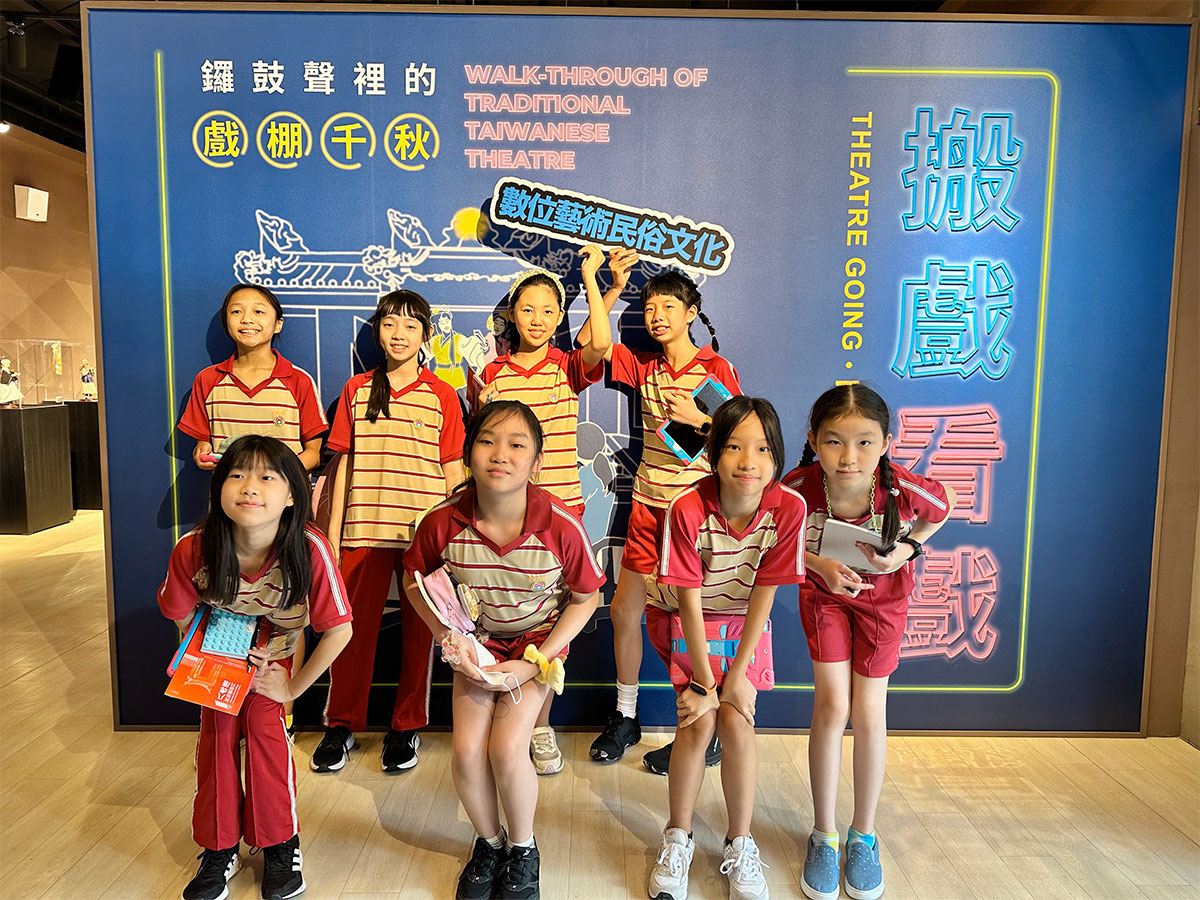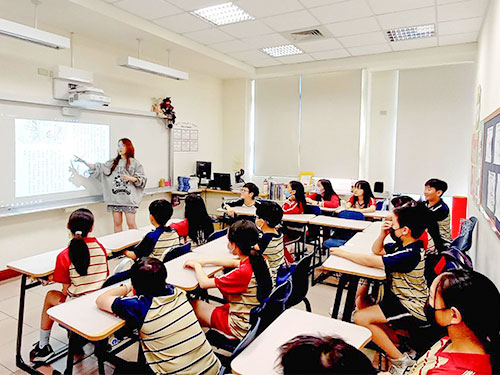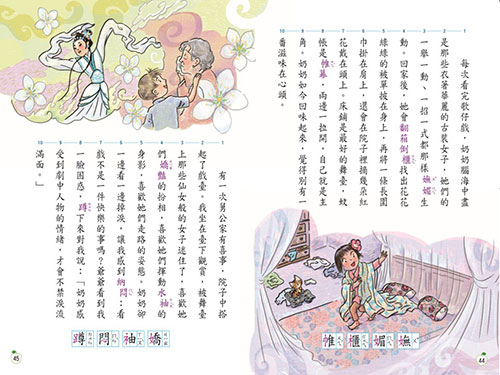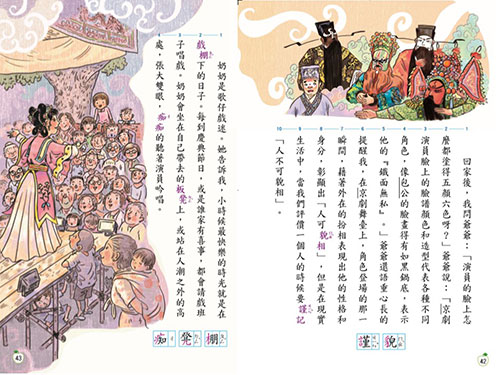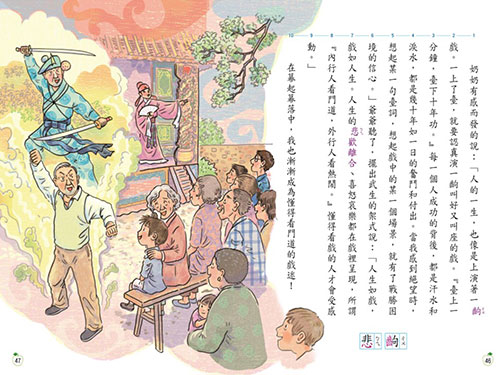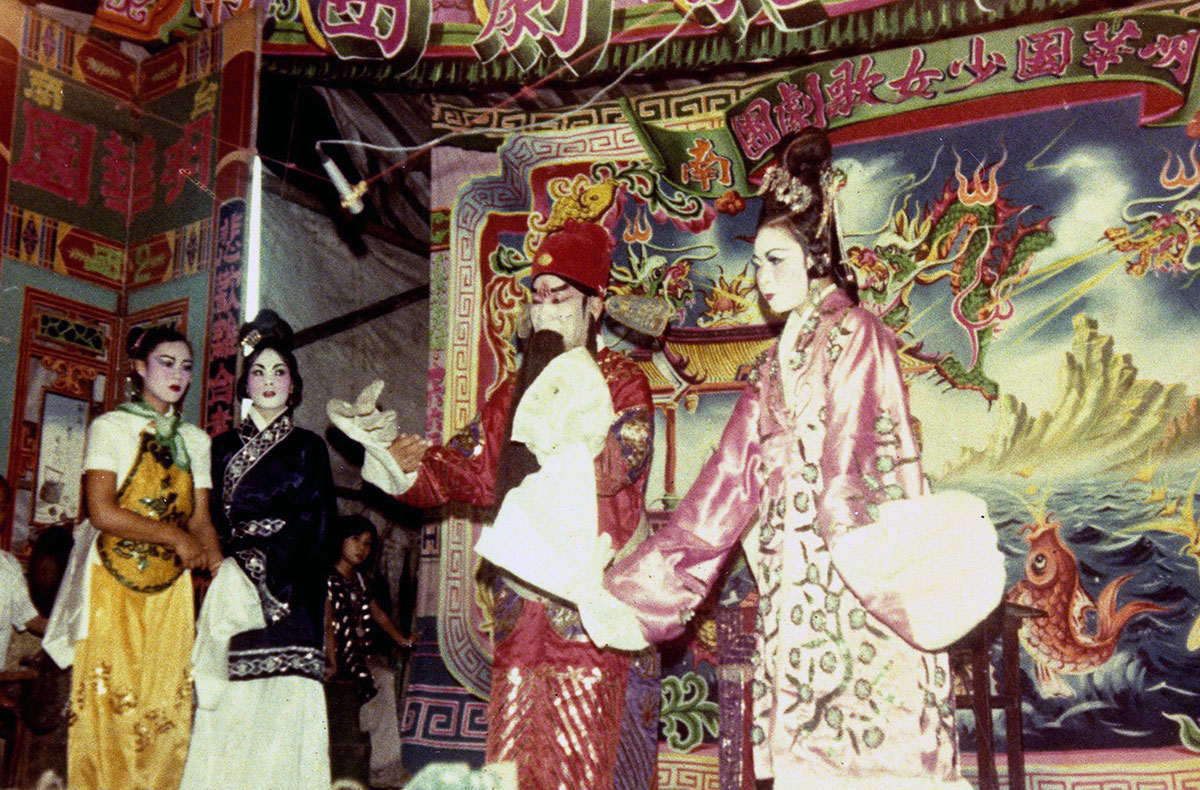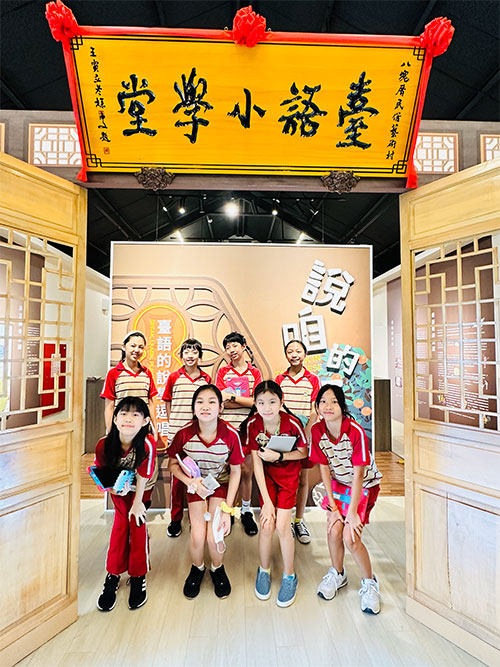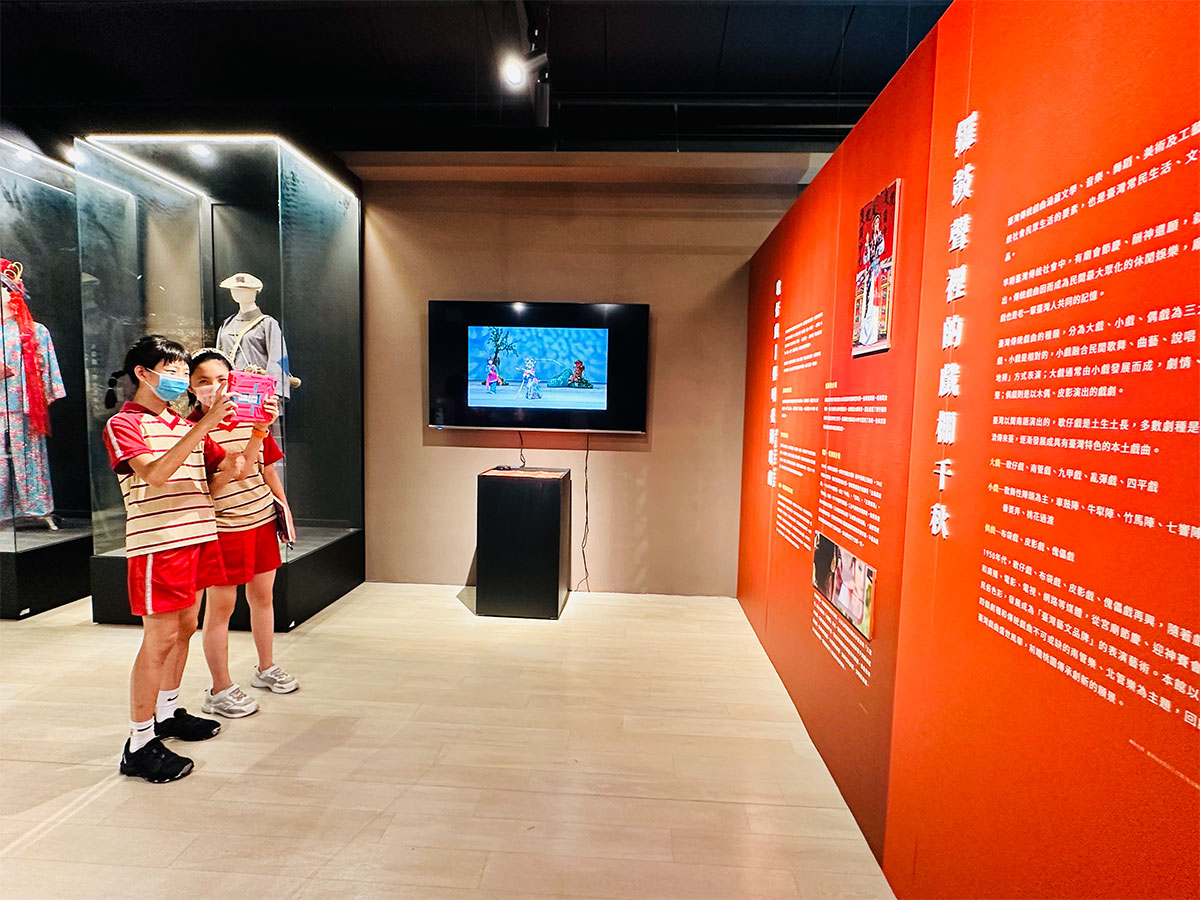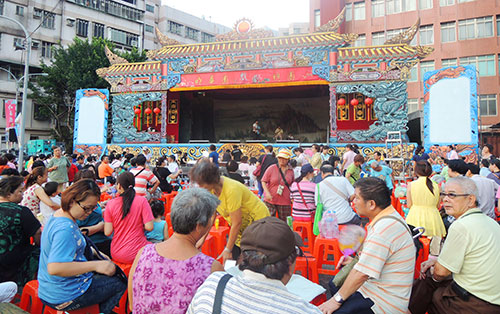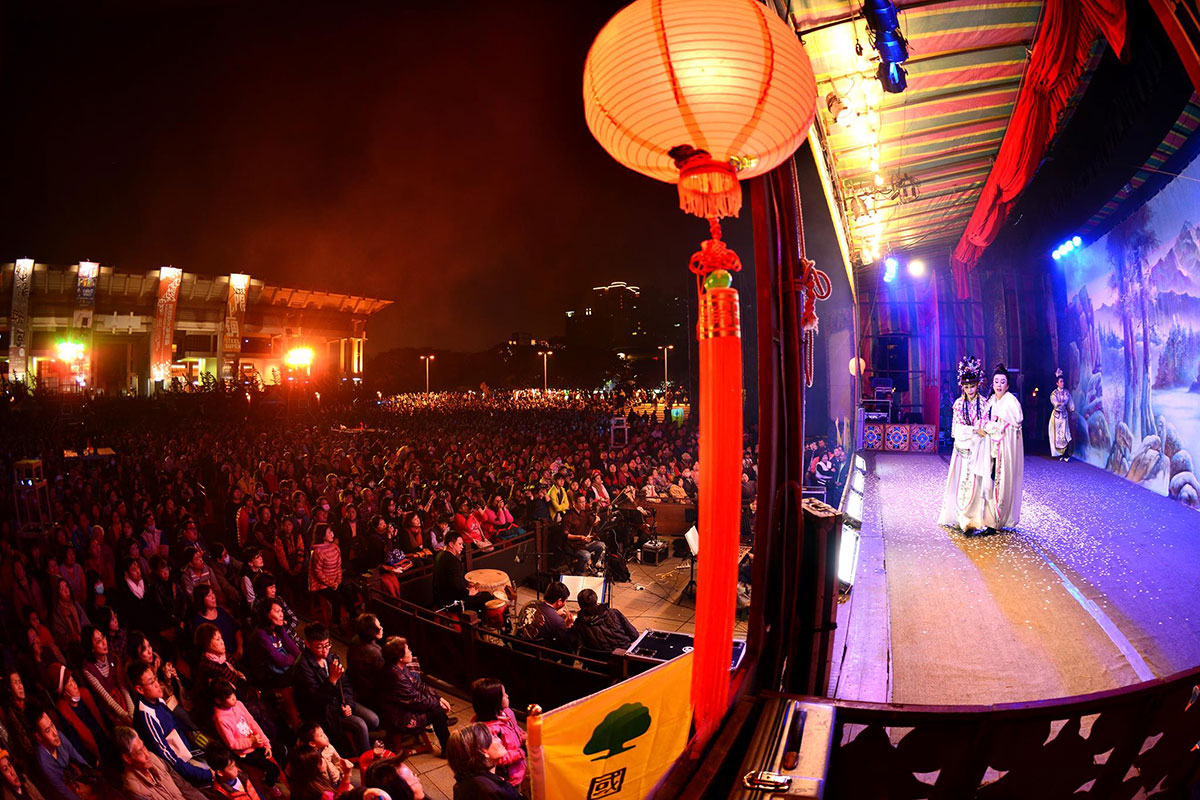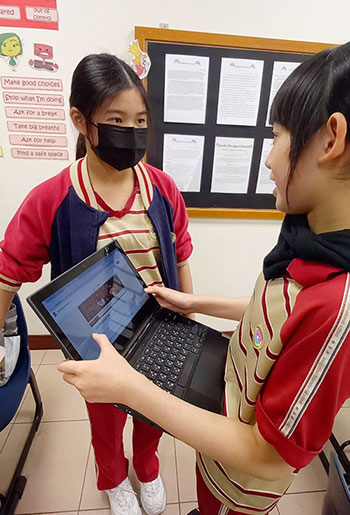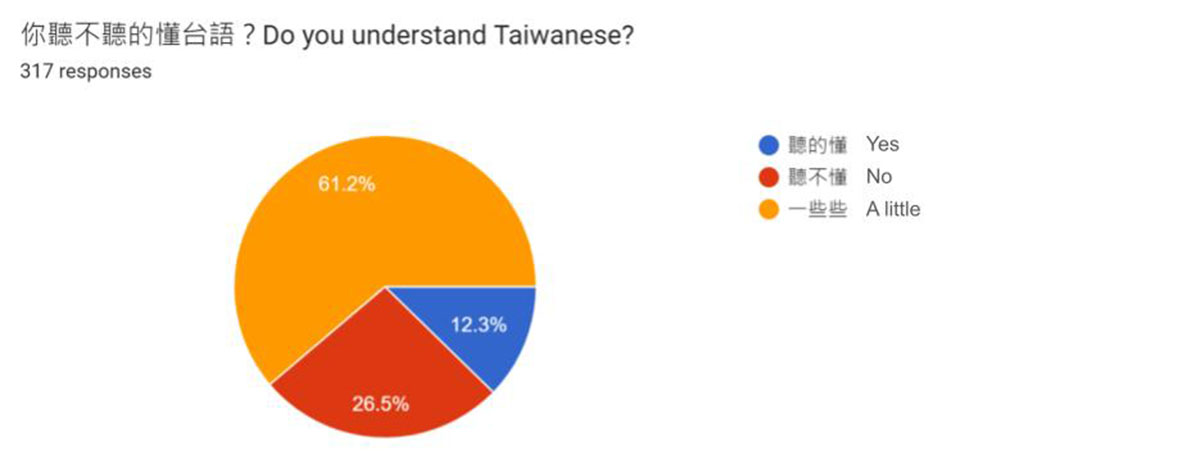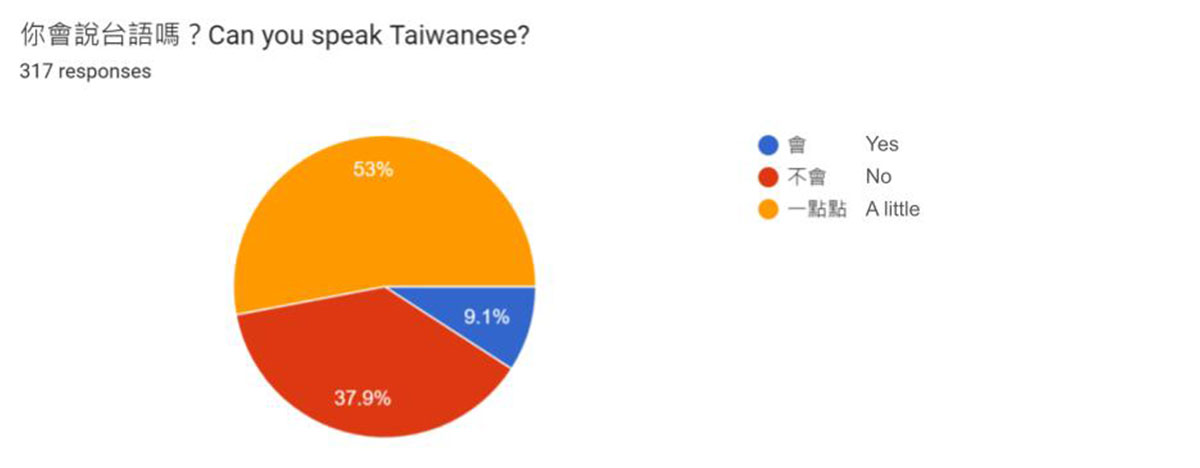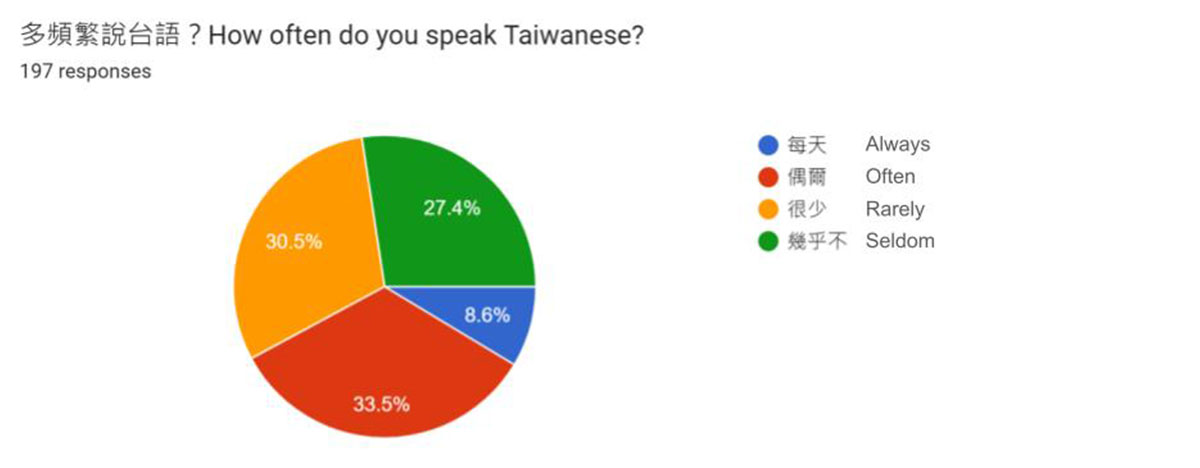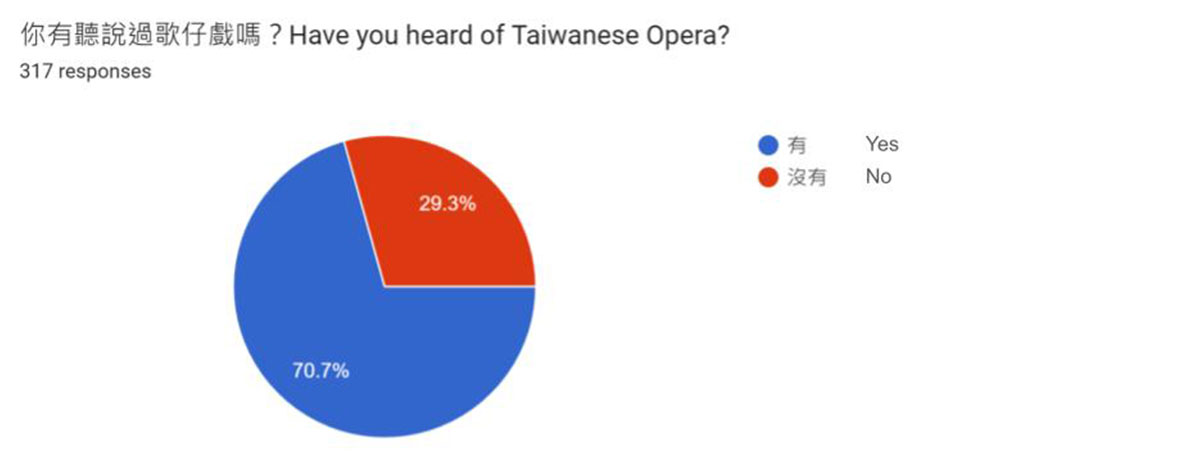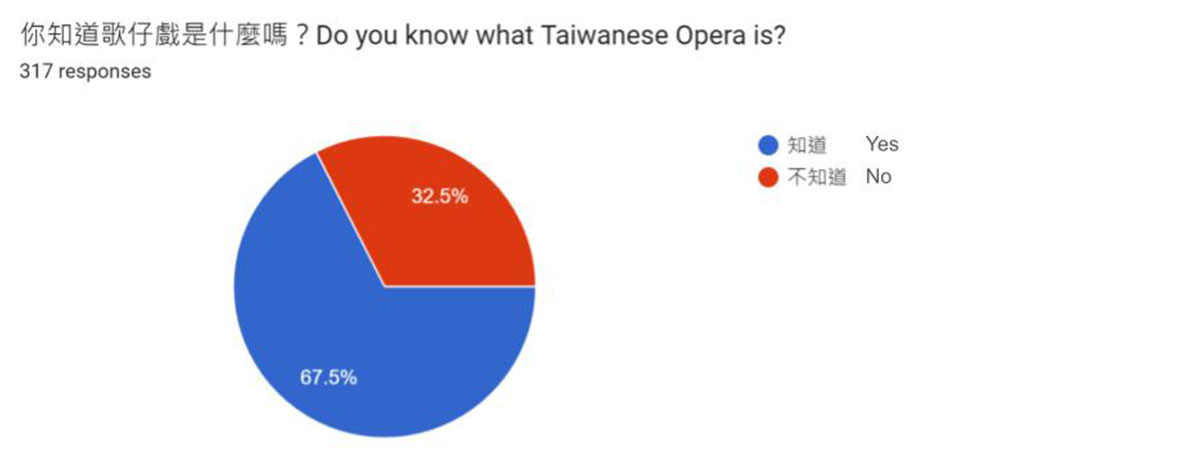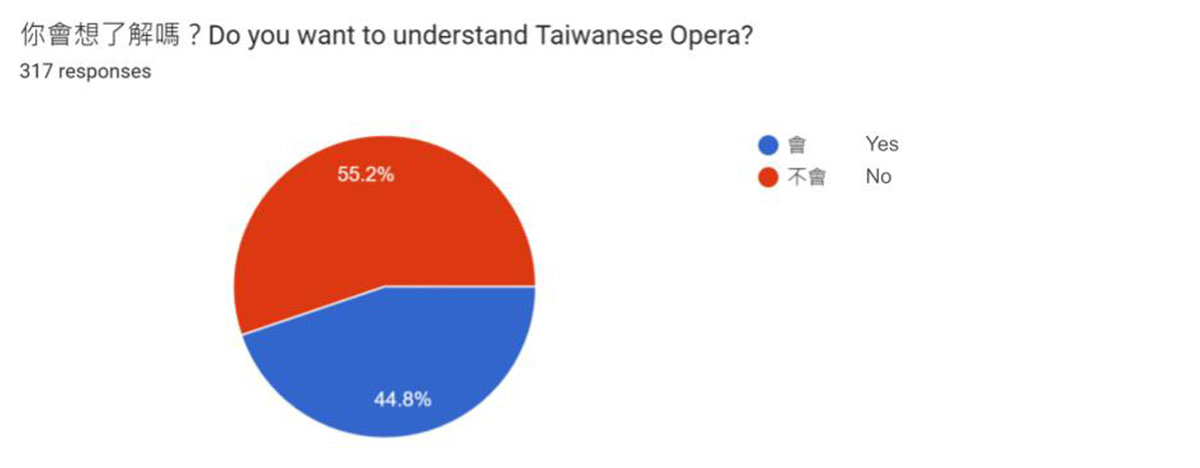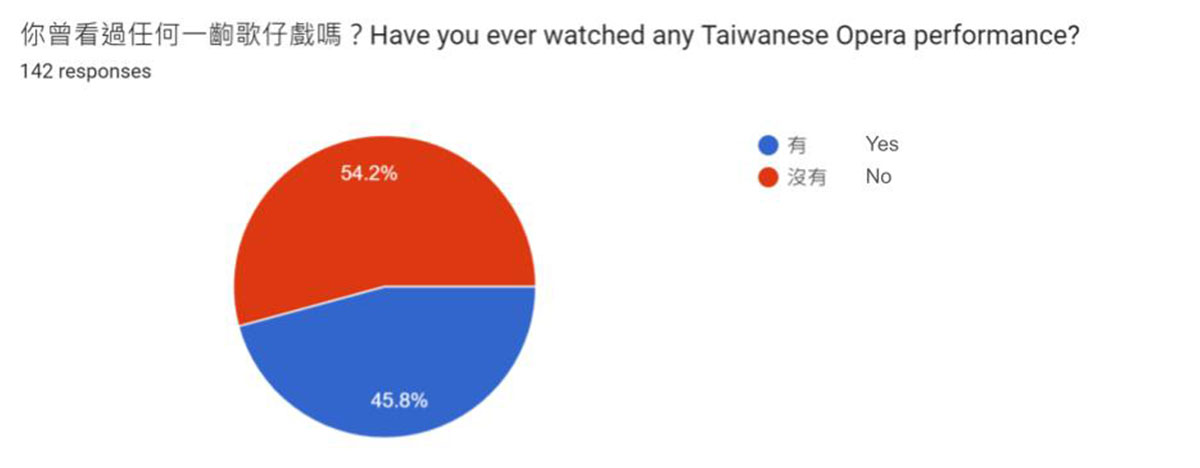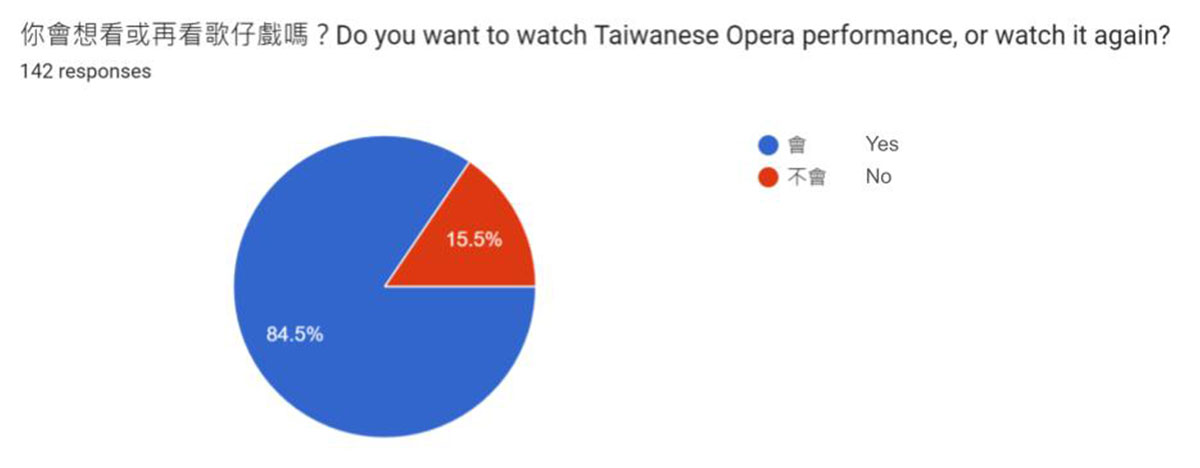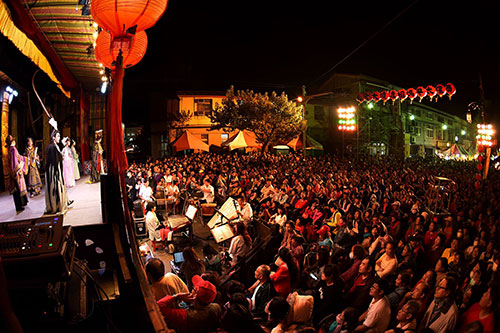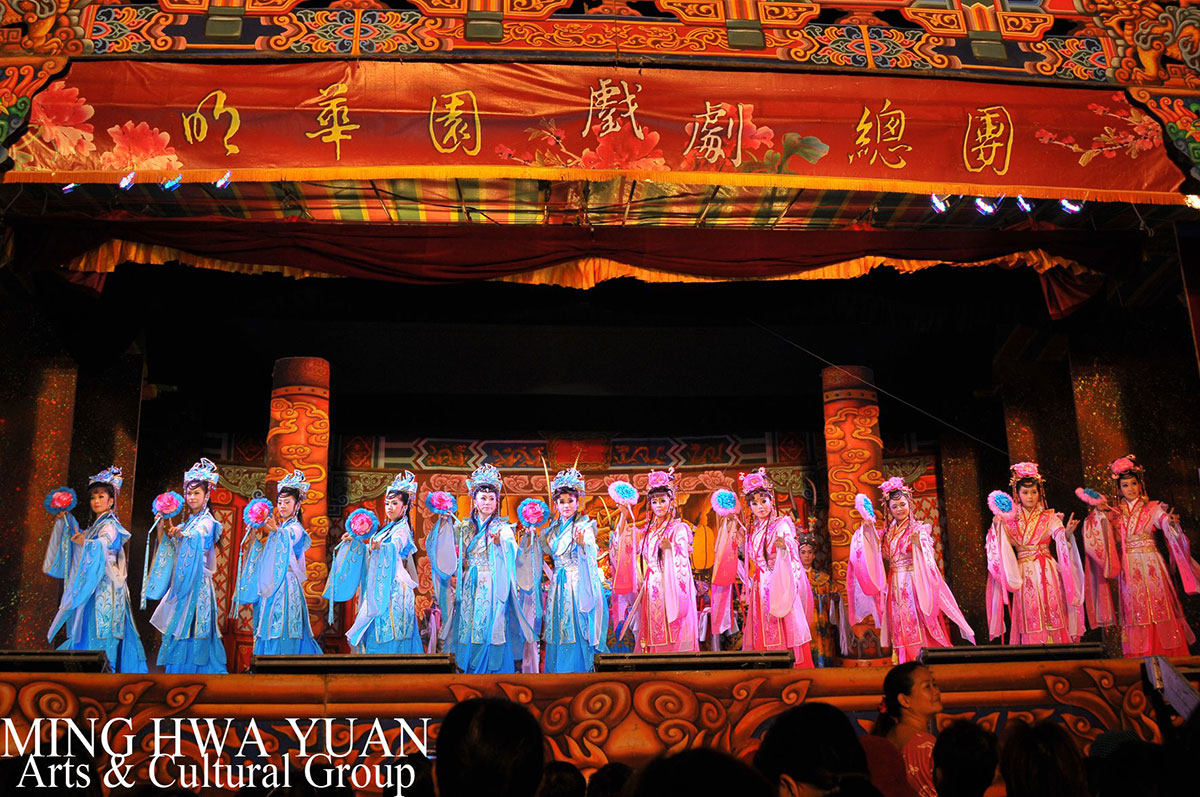Taiwanese Opera is a crucial aspect of Taiwan’s cultural heritage, representing the essence of the country. When it comes to traditional opera, the once-popular Taiwanese Opera stands out since it is the first traditional opera that originated in Taiwan. To the older generation, opera is akin to movies today, and it’s considered a blessing to sit and watch a performance during festivals or family celebrations. The most distinctive aspect of Taiwanese Opera is its emotive singing style, known for evoking tears from the audience due to its dramatic atmosphere. It has been said that “Taiwanese Opera is a native product of Taiwanese society,” illustrating its deep roots in the country's past agricultural society. Taiwanese Opera not only served as a popular form of entertainment but also provided spiritual sustenance to the people outside of their work.
This is why our project website holds significant importance. Within our website, we provide comprehensive information about Taiwanese Opera. Furthermore, we address the importance of preserving Taiwanese Opera as many individuals in our current generation lack knowledge of the Taiwanese language. Our aim is to raise awareness locally and globally about the existence of Taiwanese Opera and its uniqueness in Taiwan. Through our efforts, we aspire to elevate the prominence of Taiwanese Opera.
Photo Credit: https://www.facebook.com/mhyfans/photos?locale=zh_TW(The Ming Hua Yuan Facebook page was hacked on 3/24. Fortunately, we were able to download the images before this event occurred.)
